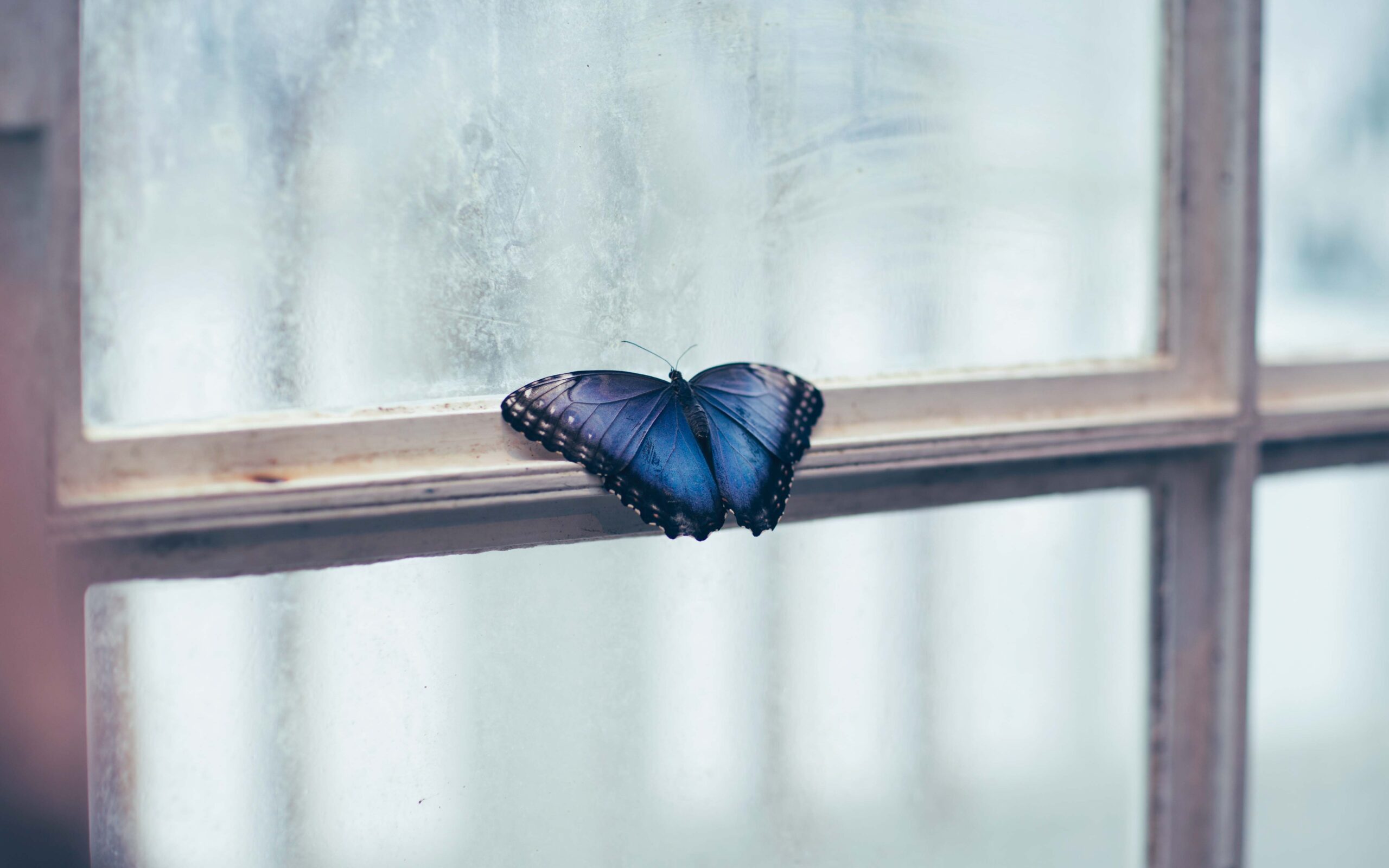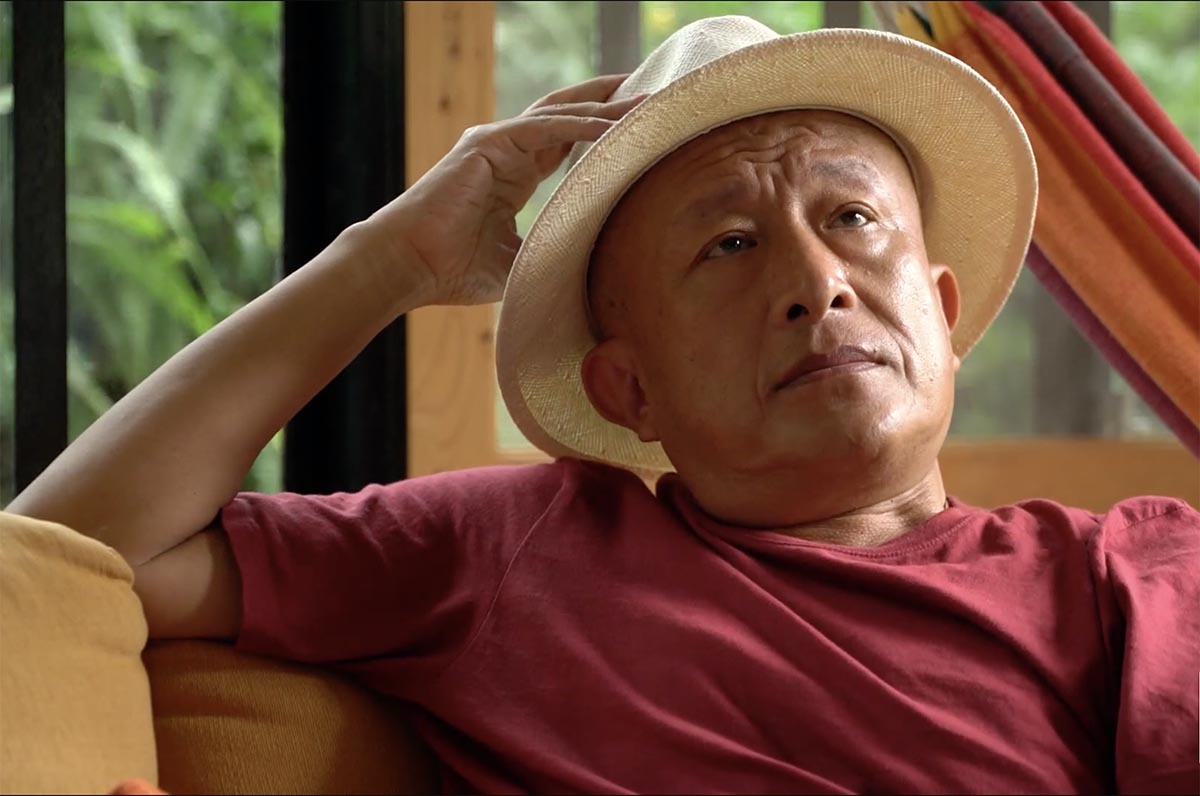Finding the Balance Between Judgment and Boundaries

About This Resource
Details
Finding the Balance Between Judgment and Boundaries
By Kristin Lhatso
In the life of every parent and teacher, there comes a time when we notice our children or students exhibiting a new behavior and think: where did she get that?! Or we watch our children with friends and see interactions we haven’t witnessed before, things that show us something new or unexpected. Sometimes this response brings up amusement, sometimes awe and appreciation, sometimes surprise, sometimes concern, and often judgment. There are times we rejoice at what we see in our children’s interactions with their world, and times we cringe. It is this tendency to cringe that we want to shed light on.
Cringing is essentially a form of self-protection; we pull our hearts away and recoil from the situation so as not to get hurt. Of course, there is intelligence in fleeing from true danger. But in the context of being with children, closing down one’s heart (or cringing or being judgmental) in response to a child’s actions or interactions is not helpful at best, and at worst can be quite harmful. It is an expression of our intelligence as a human being to “pick and choose” in attempts to create the optimum situation for ourselves and our students to thrive in. Noticing the differences between how different children and their families manifest is natural and healthy, it’s one of the ways we as parents, teachers and administrators refine our work and hone the values and traits that are important to us. But there is an enormous difference between noticing differences with an open heart and mind, and noticing differences from a place of judgment or self-protection. Of course, we strive to be non-judgmental, but sometimes this sort of cringing can be very sneaky and can creep through in the guise of “just wanting the best” for ourself or our own child, or the students and families one feels more naturally connected with.
When we notice ourselves cringing at a child, or harboring resentment toward anyone in our school community, we must really look at our own minds to see what is actually going on. It can be helpful to ask oneself questions like:
- Am I seeing something that is triggering memories of my childhood and am I reacting to that?
- Do I really understand the complete picture or am I missing something?
- Is the behavior really harmful?
- And most importantly, am I being open or not?
We all get uncomfortable with interactions sometimes, but facing this discomfort and uneasiness with openness and curiosity preserves the integrity of the loving container we are all trying to maintain for our children, our students and for ourselves. It is ironic, but the more we try to protect our own situation without really opening to what is happening for the others involved, the more we actually spoil our own feeling of wellbeing. When we judge others, we feel the sting of this in our own lives. When we feel judgment arise, if we are curious with our own minds and curious about the situation, we will look deeper and that in itself will keep us sensitive and open. Teaching children to be curious when something is uncomfortable—to become familiar with discomfort and not to automatically flinch away from it—happens when they see us model this way of working with inner and outer conflict.
We bring this topic to all of our collective attention because of the way these issues regarding judgment come up in many subtle ways in families and schools. It is easy to open one’s heart to those one considers “close,” but opening our hearts to those we don’t consider to be on the same page with us has a far more positive effect on our world and in our children’s lives. When we create boundaries with openness instead of judgment, the container of respect for each other’s basic human goodness stays alive and our community’s relationships flourish.
Kristin is the Lead Education Specialist at Middle Way School. She has decades of experience with children as founder of the Snow Lion School and co-founder of the Eastern Sun Academy in Boulder, Colorado, and as a mother of three.

